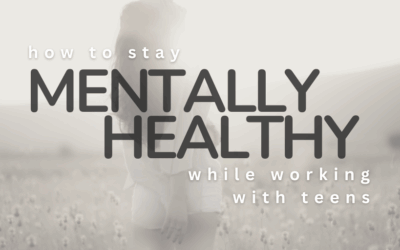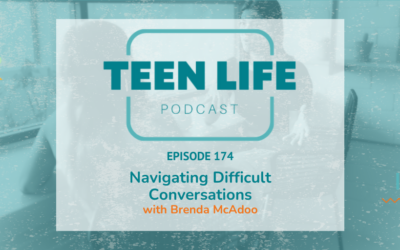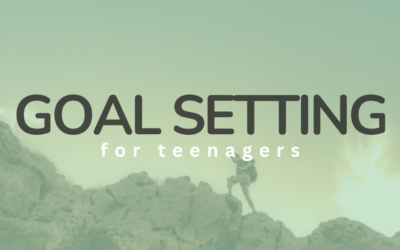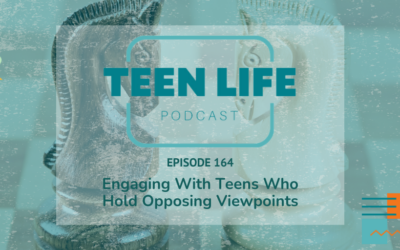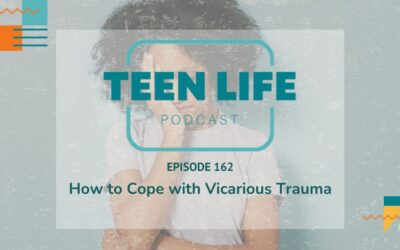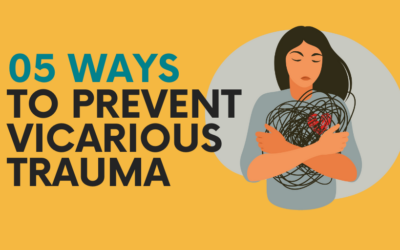Prioritize your mental health while supporting teens. Read for tips for self-care, setting boundaries, and creating a safe space for growth.
Personal Development Articles and Episodes
If you’re looking to develop interpersonal skills and general well-being, you’ve come to the right place! Check back regularly for tips on how to improve your mental health, build better connections, and lead a healthier lifestyle.
Teens need champions. Be one.
Every teen deserves an adult who believes in them. Our newsletter is packed with updates on teen life, free resources, and practical ways to build stronger, more supportive relationships with the young people you care about. When you grow, they thrive.
Subscribe today — because one caring adult can change everything.
